In a sermon that resonated well beyond the walls of Southwark Cathedral, The Very Reverend Dr. Mark Oakley delivered a passionate and powerful response to the Church of England's recent and cowardly retreat on LGBTQ+ inclusion.
His message was part lament and part rallying cry, coming just weeks after the House of Bishops announced that the long-promised reforms to allow same-sex blessings and clergy marriages would again be delayed by years of "further synodical processes."
The October 15 announcement confirmed what many feared: stand-alone services of blessing for same-sex couples, along with permission for clergy to marry their partners, will require additional approval from General Synod.
Translation: bureaucracy over bravery, politely wrapped in bigotry’s robes.
The bishops’ official statement read:
“While final decisions will be made by the House in December, the bishops agreed in principle that both bespoke service and clergy same-sex marriage would need formal synodical and legislative processes to be completed before they could be permitted.”
The proposals stemmed from the Church’s Living in Love and Faith process, a years-long consultation aimed at helping the institution reconcile differing views on sexuality and same-sex relationships.
Yet while same-sex marriage has been legal in the UK for more than a decade, the Church of England remains bound by its own canon law, which still defines marriage as between a man and a woman.
The bishops also concluded that no immediate action was needed to provide oversight for conservative parishes that oppose inclusion, effectively rewarding the loudest threats of schism.
“I’m slightly shell-shocked,” said the Revd Dr. Charlie Bączyk-Bell of St John the Divine, Southwark. He accused supportive bishops of lacking “courage in their convictions,” blaming “threats of schism and removal of money” from conservative factions for the reversal.
Then came Oakley.
Speaking from the pulpit of Southwark Cathedral, where he serves as Dean, the 57-year-old theologian and poet—himself openly gay—did not mince words.
He opened his sermon with what he called “the first bit of news” that made him want to scream:
“The House of Bishops has decided to put through the proposal that stand-alone services of blessing for same-sex couples should go through a process that won’t agree to it, and that clergy will continue to be barred from entering a civil marriage with a same-sex partner.”
The bishops’ decision followed months of pressure from conservative factions within the Church—particularly members of the Alliance network—who warned of schism and financial withdrawal if same-sex blessings moved forward.
In the face of that resistance, the House opted for procedural delay over decisive reform, citing the need for “unity” even as many LGBTQ clergy and parishioners saw it as a retreat from courage.
Oakley explained what that decision truly means in human terms:
“If they do, they are likely to lose their licence and not get a new appointment… Nor will those who are gay and married be accepted for ordination training."
"Of course, add to this that we are not allowed to marry same-sex couples here in church, and no bishop has ever been transparently appointed in a civil partnership—it is hard not to conclude that the Church of England is still homophobic and does not believe in the equality of love.”
He cited Dean of Canterbury David Monteith, another openly gay church leader, who said the decision would only “multiply the shame that LGBTQ people can be made to feel” and deepen their “invisibility” within the church.
Oakley reflected on growing up under governments that silenced queer lives, newspapers that named and shamed, and churches that told him he was unnatural:
“The church was excluding people like me if they were honest. They said Paul said I was unnatural and sinful, and I read, and I still read, and I don’t see myself nor anyone I know like me. I don’t recognise my heart there—my need to be loved, and to love.”
He recalled coming out to his grandmother at the precious age of 18.
Her response—one of unconditional love—became his moral compass:
“I’ve only been worried about one thing, Mark… I’ve just worried you would never feel able to tell me.”
That moment, he said, showed him what faith should look like.
The Reverend revealed:
“I came to see that my grandmother’s response was the response of love, and therefore it is also the response of God. God wants us to share with him who we really are, and to know that God’s love only overflows and never diminishes when we dare to do this.”
He reminded the congregation that Southwark Cathedral would continue to “rejoice in offering prayers” for same-sex couples, adding that he looked forward to the day when the Church could offer them full equality.
He continued on:
“Paul was not in the 21st century. He would never meet men or women who set home up together, cooked with each other, went on holiday together… caring for each other, growing old together, being there for better or worse, and feeling a painful absence in their life when death separated them.”
For Oakley, the point wasn’t to condemn Paul, but to show how love has evolved beyond what even scripture could envision—a love rooted not in theory, but in tenderness, patience, and shared humanity.
And in his closing words, Oakley lifted the sanctuary to its feet:
“Because of God, love wins. No matter what can be said or done to control or stop it, no matter how fancy the theology is to disguise a prejudice… love comes in many shapes and many sizes, and for that and for all the diversity of all the people in the church and beyond, thanks be to God.”
For those who wish to hear the Reverand’s words in full, the sermon is available below:
- YouTubeSouthwark Cathedral/YouTube
Oakley’s sermon has gone viral, garnering over 20K views, with comments praising his words as “beautiful,” “courageous,” and “the gospel in its truest form.”












The Church of England has not formally responded to Oakley’s sermon, though some progressive clergy have since echoed his call for “truth over timidity.”
Same-sex marriage has been legally recognized in the UK since 2014 and enjoys broad support from both civil law and public opinion.
However, the Church of England does not allow its clergy to marry same-sex partners or officiate at same-sex weddings. In a country where legal equality was established over a decade ago, the resistance from the state church appears less like a revered tradition and more like a traditionalist protest dressed in ecclesiastical attire.
What echoes in the nave and beyond with Oakley's speech is that love in all its forms is due recognition and celebration. Though divided, the Church, like its gay and straight people, knows from experience that love, however long it takes to receive its blessing, does not wait forever.

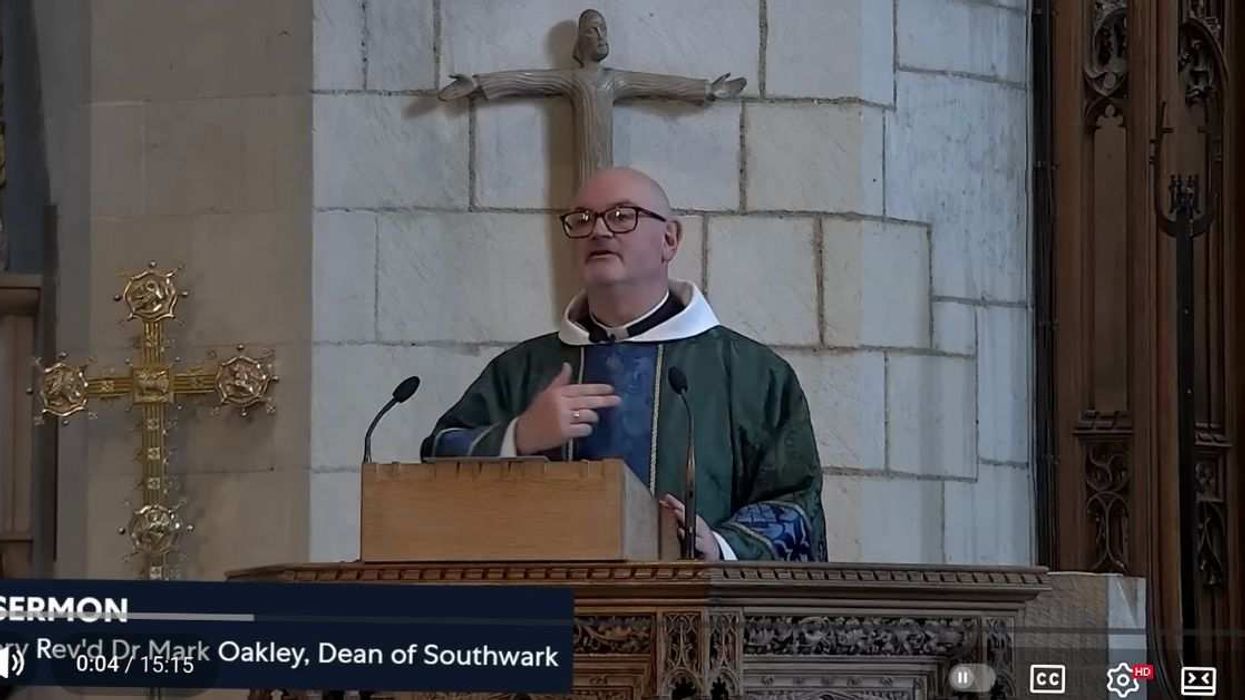

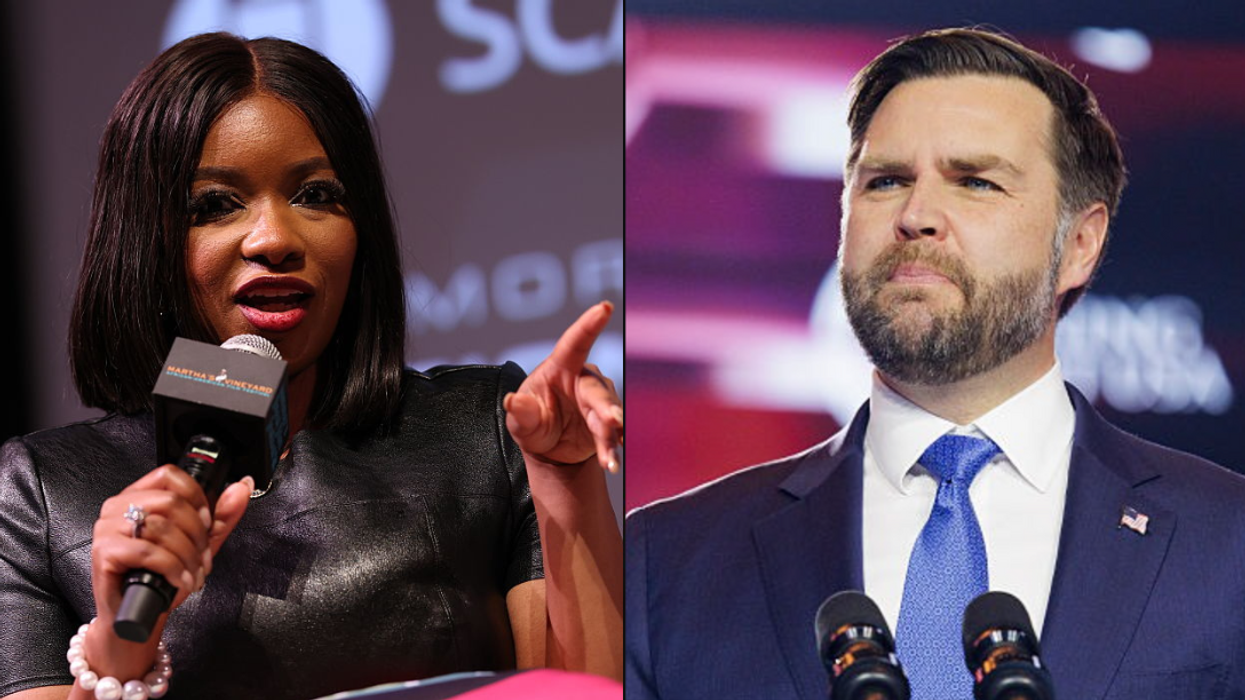

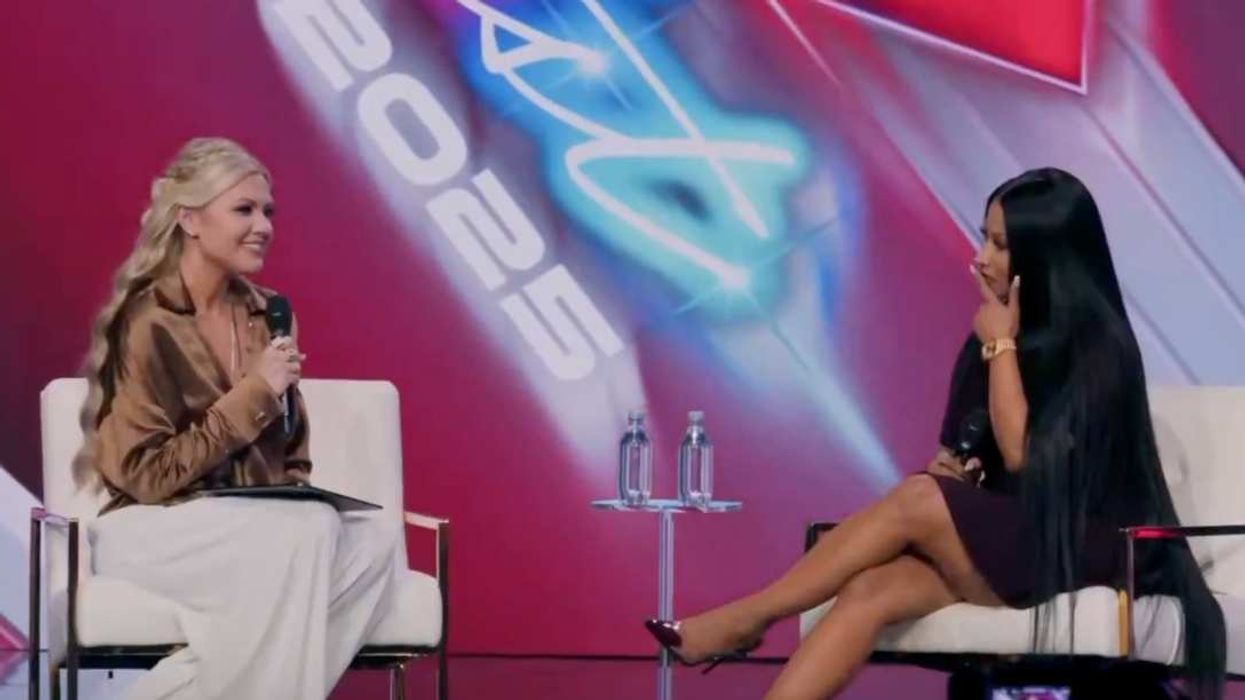


 @DanTML_/YouTube
@DanTML_/YouTube @voeqx7894/YouTube
@voeqx7894/YouTube @hendrxx9593/YouTube
@hendrxx9593/YouTube @anakinskywalker8877/YouTube
@anakinskywalker8877/YouTube @getshiddonn/YouTube
@getshiddonn/YouTube @sachmanyo/YouTube
@sachmanyo/YouTube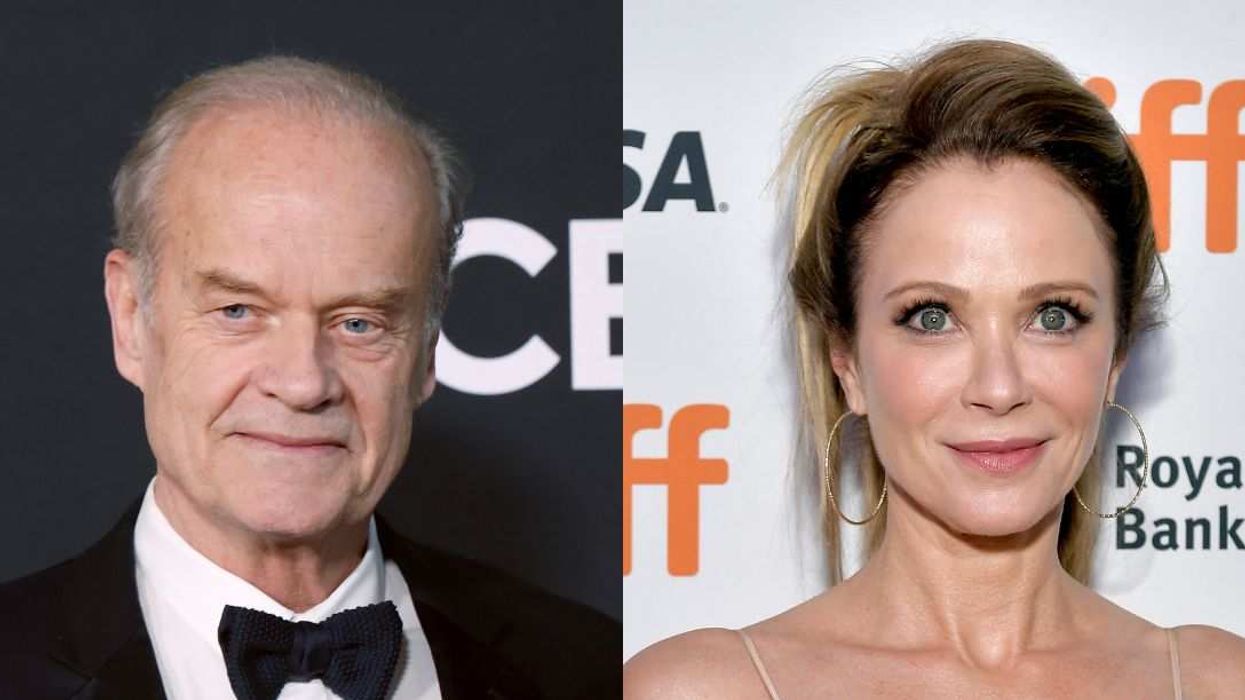
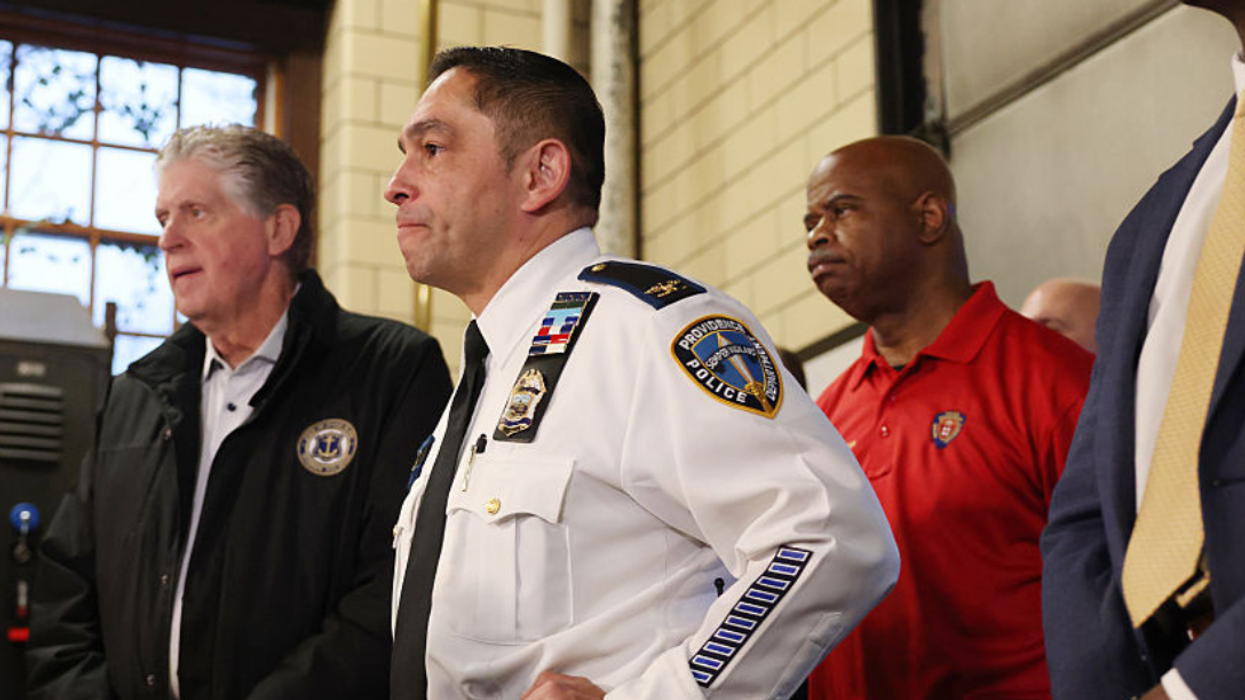
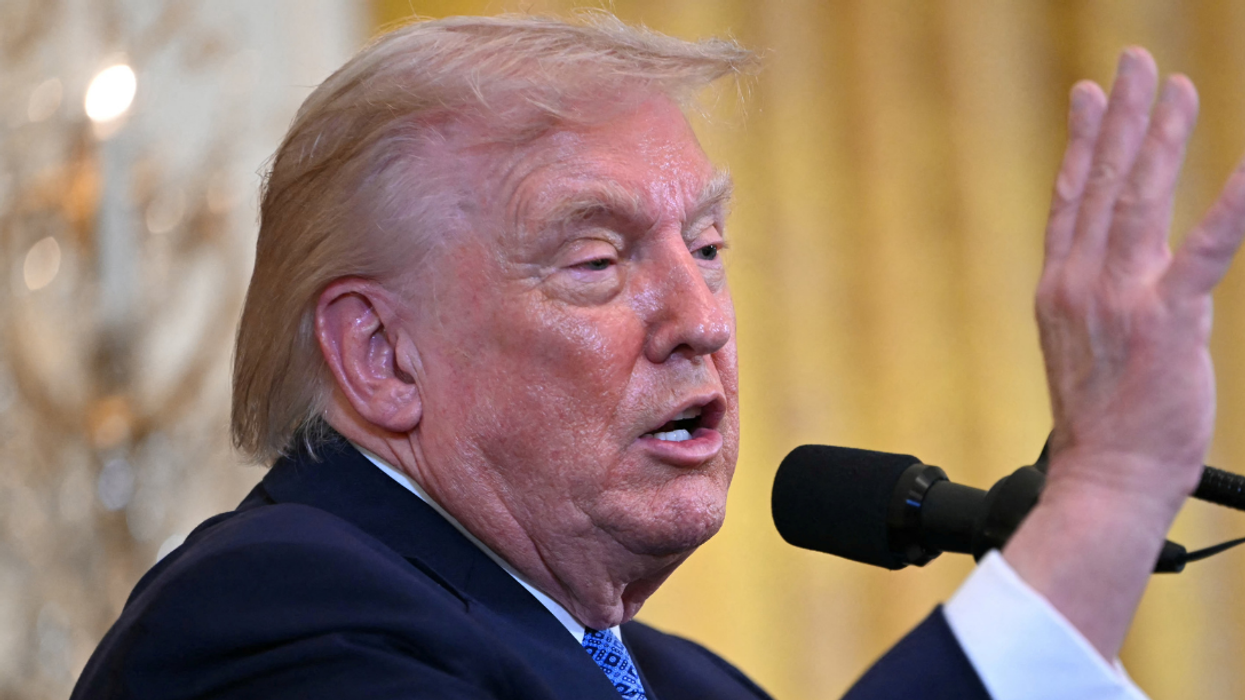
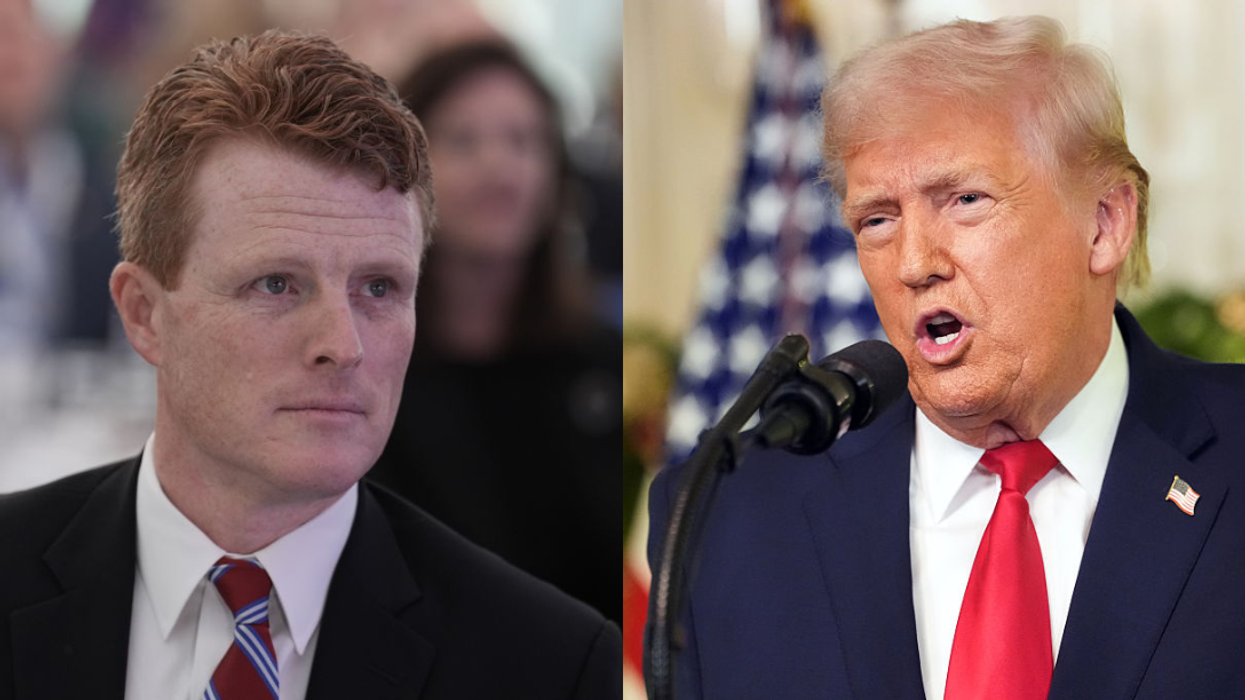
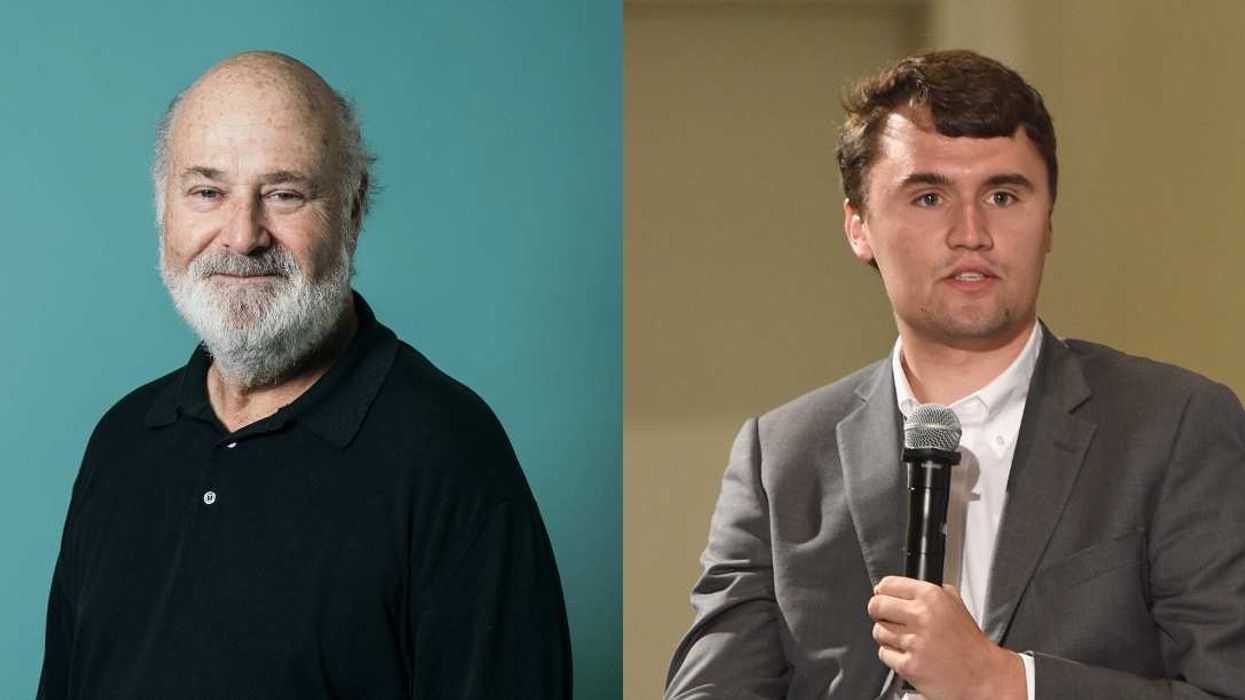
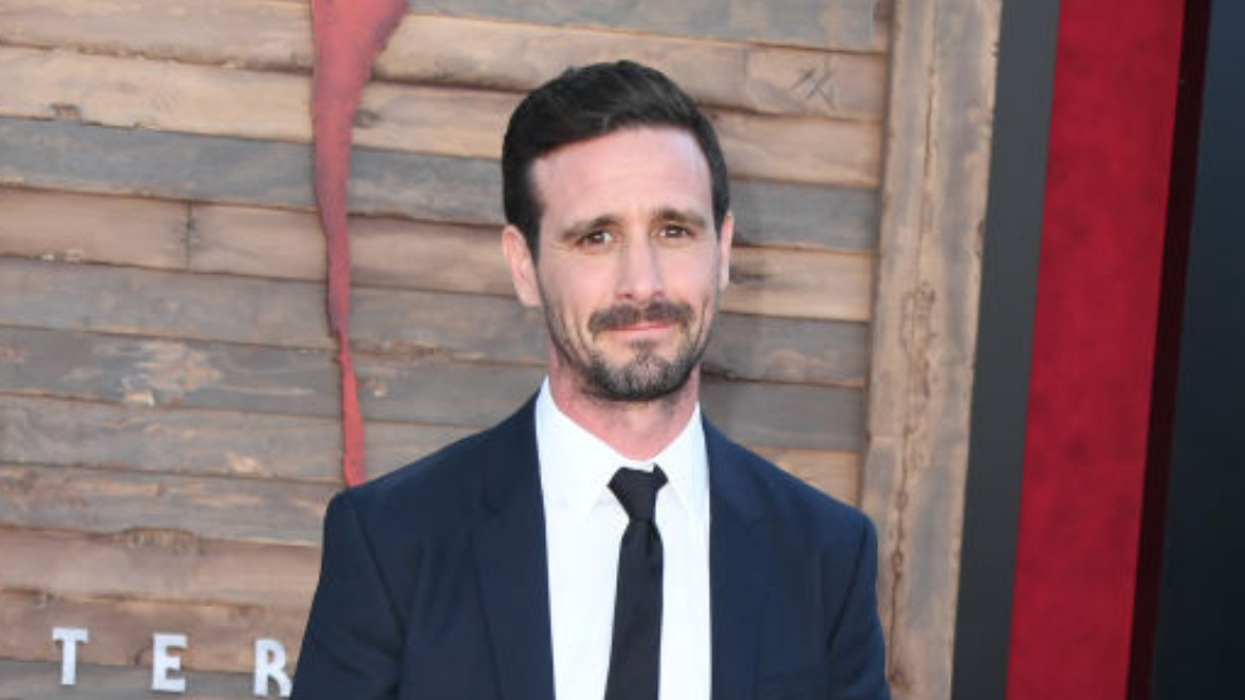

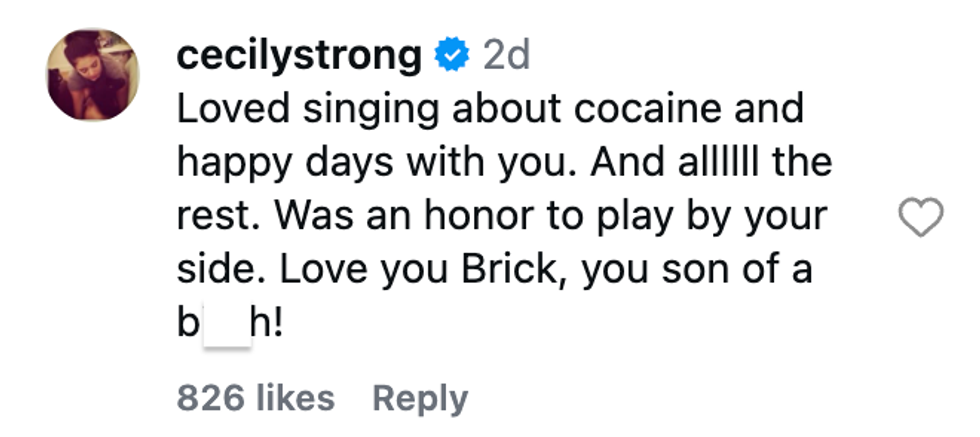 @cecilystrong/Instagram
@cecilystrong/Instagram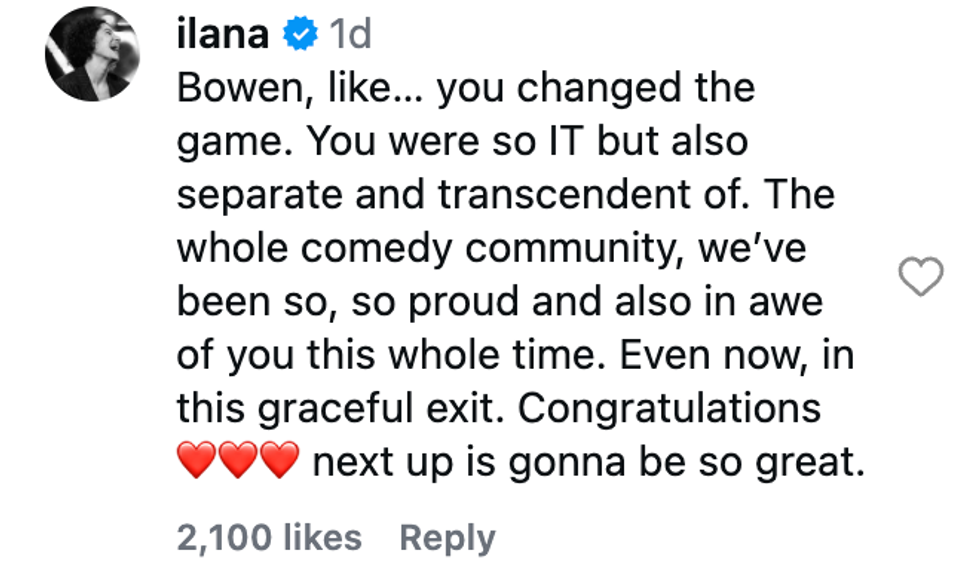 @ilana/Instagram
@ilana/Instagram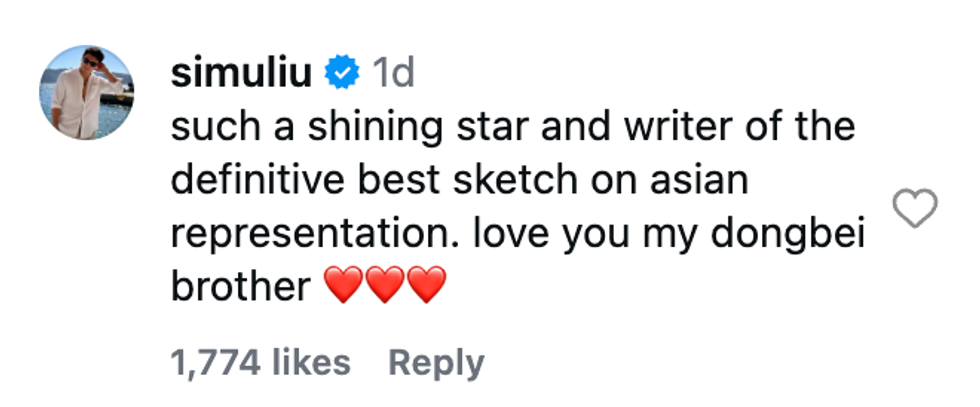 @simuliu/Instagram
@simuliu/Instagram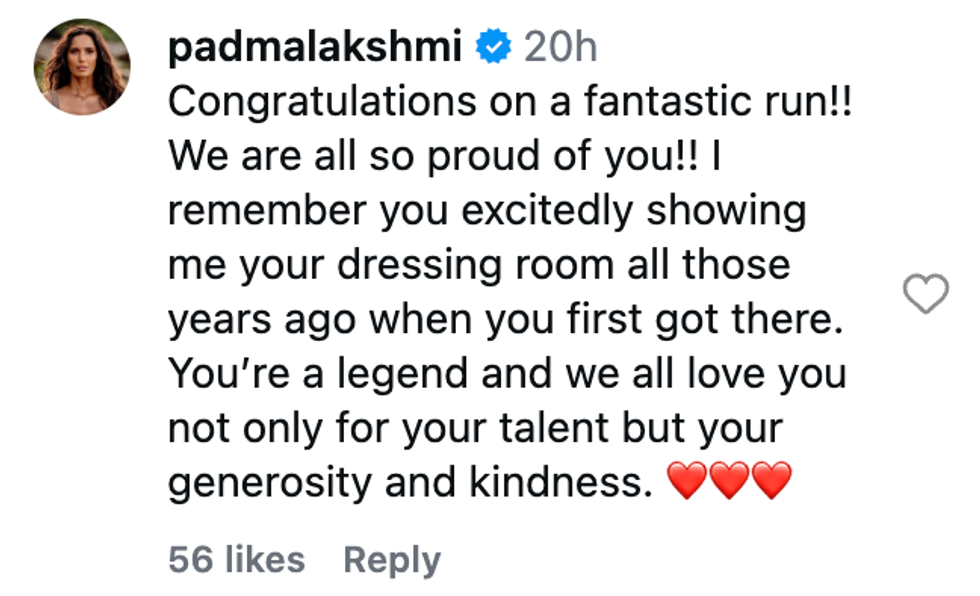 @padmalakshmi/Instagram
@padmalakshmi/Instagram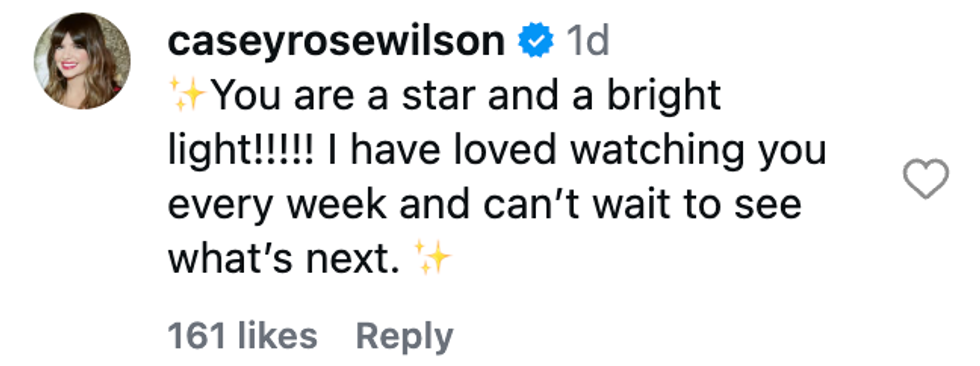 @caseyrosewilson/Instagram
@caseyrosewilson/Instagram @hounddogenthusiast/Instagram
@hounddogenthusiast/Instagram @rockefellercenter/Instagram
@rockefellercenter/Instagram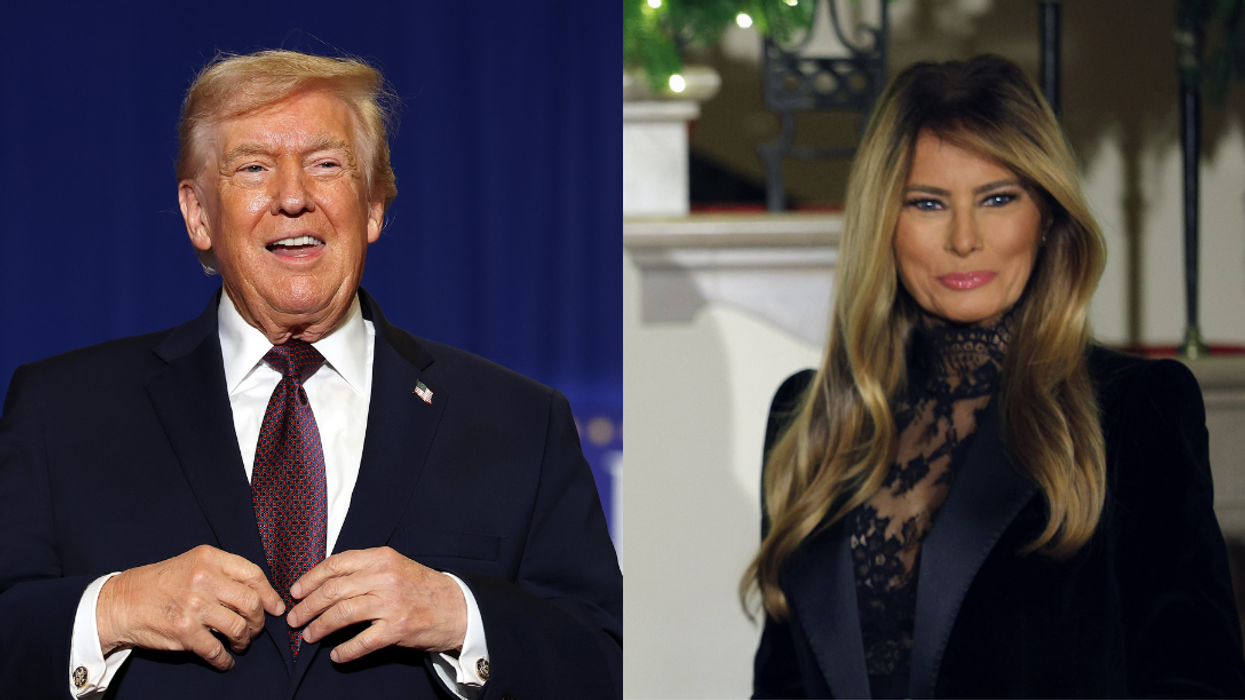

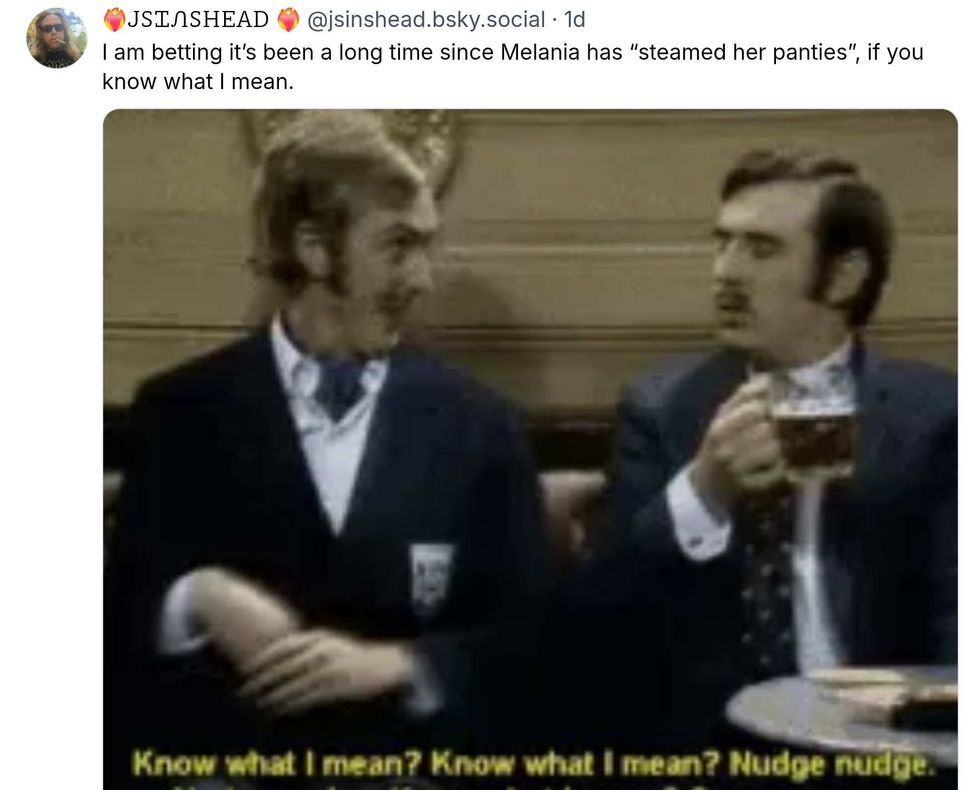 @jsinshead/Bluesky
@jsinshead/Bluesky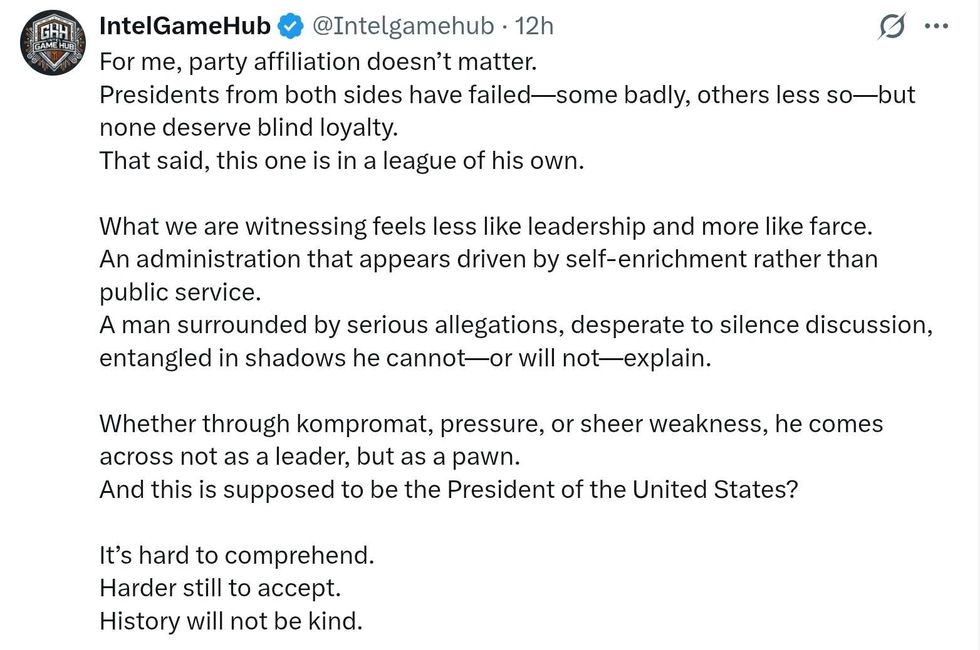 @IntelGameHub/X
@IntelGameHub/X @hmcd/Bluesky
@hmcd/Bluesky @MundaneEgg67/Bluesky
@MundaneEgg67/Bluesky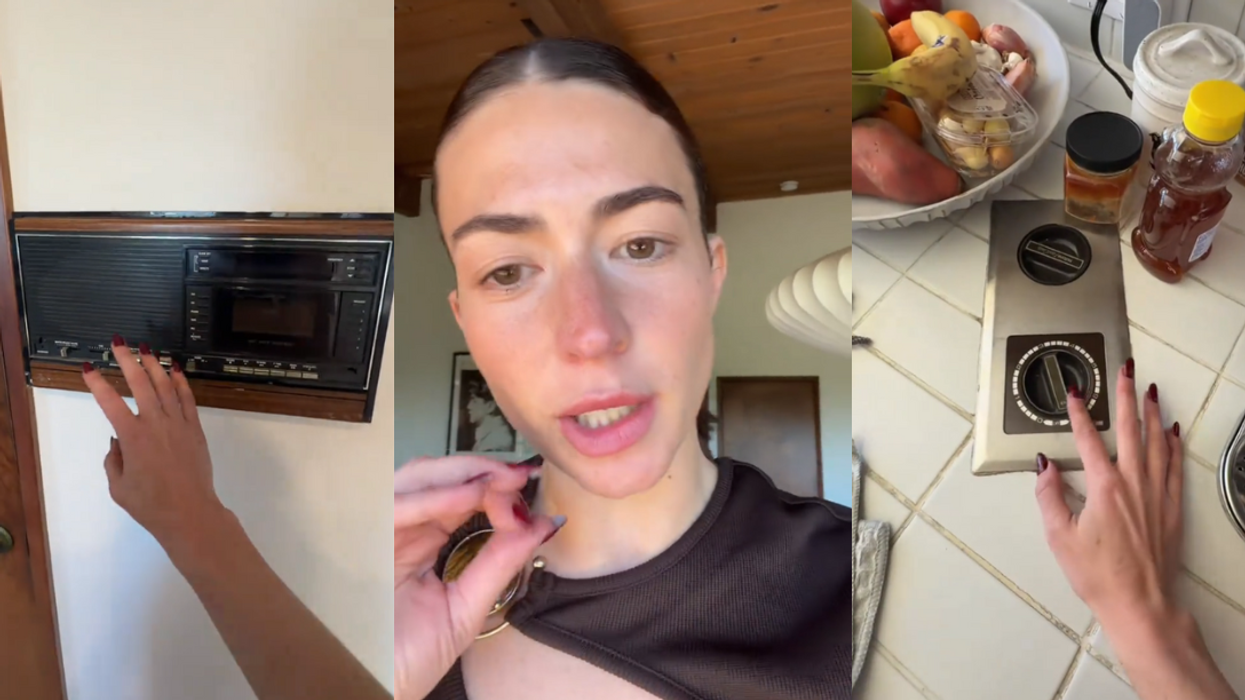
 @VictoriaParis/TikTok
@VictoriaParis/TikTok @VictoriaParis/TikTok
@VictoriaParis/TikTok @VictoriaParis/TikTok
@VictoriaParis/TikTok @VictoriaParis/TikTok
@VictoriaParis/TikTok @VictoriaParis/TikTok
@VictoriaParis/TikTok @VictoriaParis/TikTok
@VictoriaParis/TikTok @VictoriaParis/TikTok
@VictoriaParis/TikTok @VictoriaParis/TikTok
@VictoriaParis/TikTok @VictoriaParis/TikTok
@VictoriaParis/TikTok @VictoriaParis/TikTok
@VictoriaParis/TikTok @VictoriaParis/TikTok
@VictoriaParis/TikTok